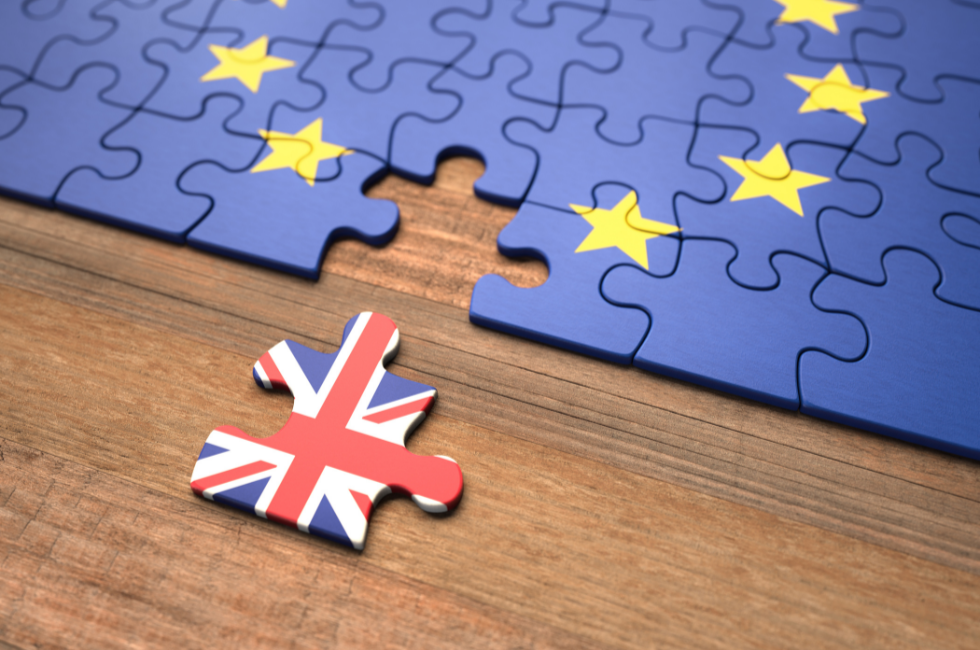While the United Kingdom’s departure from the European Union (EU) has been unfolding for years, businesses are still adapting to the practical implications of this seismic shift. One of the areas most impacted is exports, in particular, businesses that export. For businesses aiming to maintain a competitive edge, understanding these changes is important – but also tricky.
Here, we delve into the essential aspects of these new Brexit rules so businesses know what to expect to export with ease and accelerate opportunities:
1. Customs Declarations are Now a Necessity
Previously, businesses exporting within the EU enjoyed a relatively seamless process. Post-Brexit, however, goods moving between the UK and the EU now require customs declarations, notably an Export Customs Entry – a legally required declaration with details about the exporter and cargo contents. It is vital to complete this accurately, as errors can lead to penalties and charges. Using a customs agent could be a potential solution for many companies, especially those with limited resources.
2. Commodity Codes: An Essential Tool
With the new changes, businesses must classify their goods using commodity codes to determine the rate of duty and any required licences. These codes, which provide a systematic way to declare goods, have always existed, but their importance has been magnified post-Brexit. Properly classifying products ensures businesses aren’t overpaying duties or facing unnecessary delays.
3. Safety and Security Declarations
Safety and security information must now be provided for all export movements out of Great Britain (England, Scotland and Wales) unless they are going to Northern Ireland or otherwise exempt. While most goods being exported will be covered by making a full export declaration, which includes safety and security data, there may be a need to also make an exit summary declaration. Exit summary declarations are submitted through the Customs Handling of Import and Export Freight (CHIEF) system or the Customs Declaration Service.
4. New VAT Implications
While the UK has left the EU VAT regime, exports of goods from the UK to EU consumers are now zero-rated for UK VAT, which means UK VAT is not charged at the point of sale. This applies whether you’re exporting goods to a consumer (B2C) or to a business (B2B). However, businesses must keep comprehensive records of all sales, as documentation may be required to prove that goods were indeed exported.
5. Rules of Origin: Confirming Product Source
Rules of Origin determine where a product originates (not where they have been shipped from, but where they have been produced or manufactured). This is a crucial factor in determining duty rates and potential trade restrictions. With the UK now outside the EU’s preferential trade agreements, exporters must ensure they can certify the origin of their products to benefit from preferential tariffs.
6. Transition to the GB EORI Number
Businesses now need a GB Economic Operators Registration and Identification (EORI) number to move goods between the UK and the EU. This number is a unique identifier, ensuring all your shipments are tracked and correctly documented. However, you do not require an EORI number if your business provides services rather than goods, and you do not need one if your business only moves goods between the Republic of Ireland and Northern Ireland.
To Summarise:
The post-Brexit landscape for UK businesses is certainly complex. While these new rules might seem daunting, they underscore the importance of due diligence and flexibility. With thorough research, meticulous documentation, and perhaps guidance from experts, UK businesses can effectively navigate this new export terrain. From a broader perspective, such changes in the export regime also offer businesses an opportunity to reassess their strategies, streamline operations, and explore new markets beyond traditional horizons.





